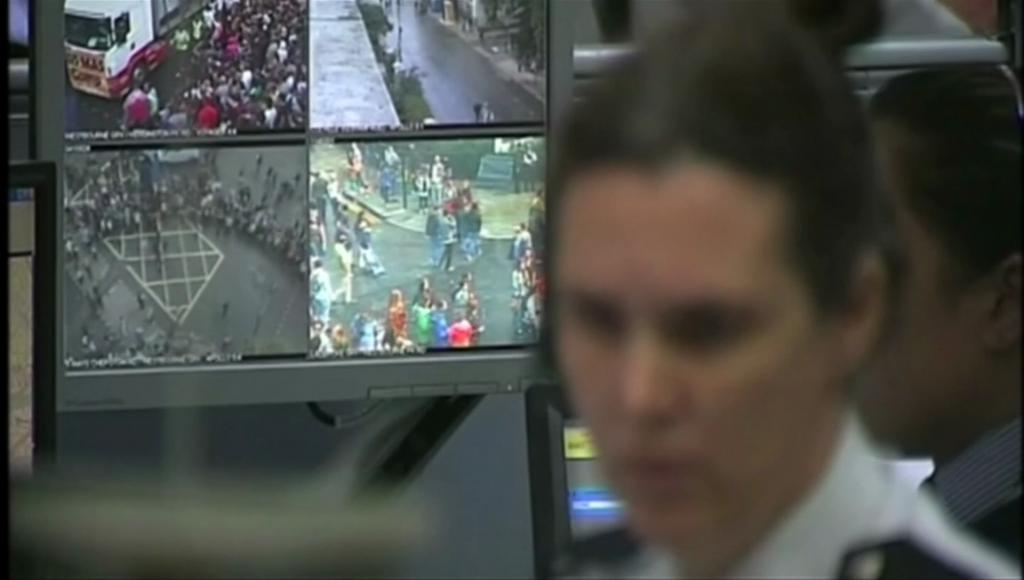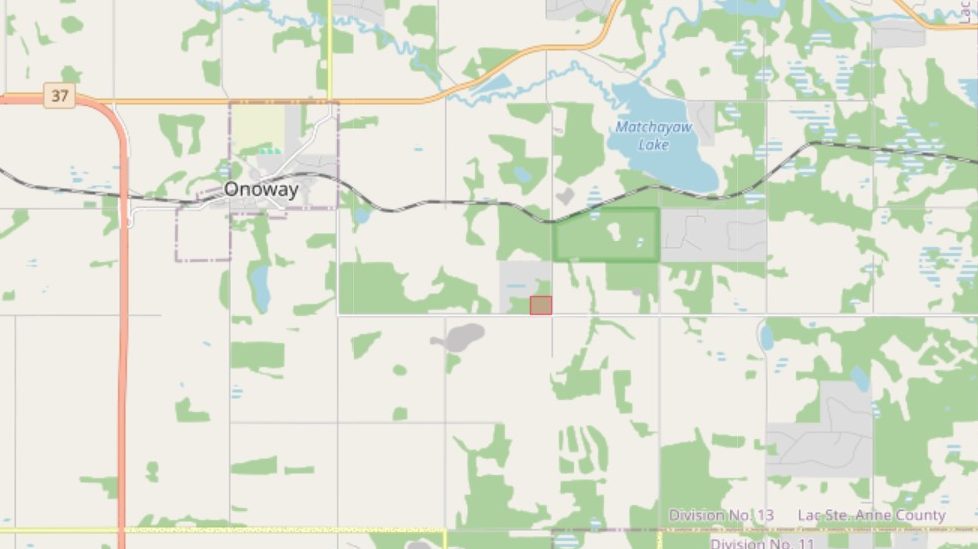Privacy commissioners across Canada call for more facial recognition limits

Posted May 2, 2022 10:00 pm.
Canadian privacy regulators are calling for detailed rules on how and where police can use facial recognition technology.
As facial recognition tools steadily become more advanced, it’s a boost for investigators, but also raises questions about appropriate use.
The heads of Canada’s privacy protection authorities issued a joint statement Monday, recommending legislators develop a legal framework that explicitly establishes the circumstances in which police use of facial recognition may be acceptable.
“Facial recognition technology has enormous capabilities and can offer significant public safety benefits when used responsibly,” said BC Information and Privacy Commissioner Michael McEvoy. “It can also be exceptionally intrusive because it involves the collection and processing of highly sensitive personal information. Biometric facial data is unique to each individual and unlikely to vary significantly over periods of time. In a very real sense, it is at the core of our individual identity.”
Related articles:
-
Expanded Vancouver CCTV camera use proposed by councillor to deter crime
-
B.C. privacy watchdog investigating federal Liberals over facial recognition software
-
U of T team working to address biases in artificial intelligence systems
McEvoy says the technology is currently not widely used among police forces in B.C currently. He adds while the freedom of information and protection of privacy act puts some limits on its use of facial recognition software, the limitations are still very broad.
“Your face is unique and as a result of that uniqueness, it’s very sensitive information. FRT collects a very unique print of you and it’s not unlike for example a fingerprint or your DNA sample from blood. Those are very carefully regulated by the criminal code now.”
The use of facial recognition has been a focus for of Canada’s privacy commissioner in recent years, with one investigation finding the RCMP violated the privacy act when using the technology. Another investigation found Cadillac Fairview contravened privacy laws when it used the software on images of shoppers at its Canadian malls, including Pacific Centre in Downtown Vancouver, without shopper’s consent.
Kristen Thomasen, a UBC law professor says she believes privacy laws are not keeping up with constant changing technology.
“The legal system right now just isn’t equipped to address the specific privacy impacts that come from facial recognition and facial surveillance, and I would add that there are other kinds of recognition technologies that maybe aren’t as widespread just yet but I think ought to be incorporated into the conversation when we’re thinking about the future of privacy,” Thomasen told CityNews.
The House of Commons ethics committee is currently reviewing the use and impact of facial recognition technology. Thomasen, who was invited to give testimony, says governments need to be mindful of its use by companies and advertisers as well – and not just police.
“There’s a lot of research that has shown that facial recognition systems are not as accurate as they’re often purported to be and that they are inaccurate, especially along lines of race and gender and age, as well.”
The Vancouver Police Department says it is currently not using facial recognition the technology and work on its own policy of the software’s use, which started last year, continues.








